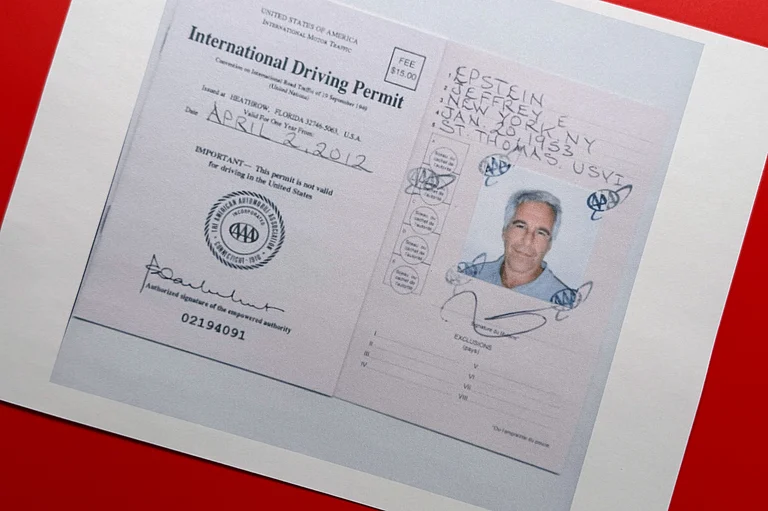In a dark cityscape that could be anywhere, Captain Old stumbles through the streets on his vintage scooter and is mugged. But he manages to recover in time to meet the train and the person from the Cleanlands he is to escort. Rajat Chaudhuri, in the first pages, evokes 1984, the blood dripping trains from Partition and the Clint Eastwoodesque arrival of a stranger with pale eyes. Gradually, the place unravels. It’s a futuristic Calcutta with hints of familiarity. Here, everyone seems to be diseased—the ancient ‘Supreme Guide’s’ system is kept running by melting yellow memory pills and youngblood tubes—or bioengineered down to the food. To make the terminology easier, Chaudhuri has supplied a glossary at the end of the book.
Henry David is the stranger from a train. He seems to know the secret of a virus sweeping the continent, but he has to be careful, there are eyes everywhere. David evokes an Indian geneticist working in a small town in England who may know the answer.
Chaudhuri winds strands within strands shifting on a cliffhanger to the present day. Detective Kar, the alter ego perhaps of Captain Old, muses somewhere in between. The pace changes along the way too, the focus shifted to Korea. As the strands are interwoven, the characters’ motivations become clearer and the story opens up layer by layer like a matryoshka doll. It feels like those Russian portmanteau novels that can cook a whole supper if burnt. Truffaut’s Fahrenheit 451 world too appears by reference, cheek by jowl with a burnt Wheeler railway platform book stall.
The Bengaliness is about decay at one level: an old dying city that caused innumerable arguments with its Leftists roots that encompass prison camps and Pyongyang, not to mention Russian dictatorship. The different sections overlap and each adds to the knowledge we have of the other chapters—Henry David turns out to be a music healer with a warning about genetic modification. That is the butterfly effect, the smallest attempt to tinker with the world’s natural workings can trigger a catastrophe—as an evocation of the message are the genetically modified butterflies that glow in the dark. Climate change warnings and antibiotic resistant viruses are the factors we have come to read about again and again and Chaudhury piles them on densely with ominous effect and, perhaps, too much detail.
To those familiar with Blade Runner, this is known turf, quests and hunters, secrets too dangerous to be revealed and a world filled with new technologies that cannot, despite their desperate innovations, ward off the impending Apocalypse. What matters, hungry people or the dangers of tampering with genes and ending up with a cloned artificial world? The Butterfly Effect neatly dovetails into what one now calls cli-fi. Or, climate change fiction, combined with thriller undercurrents.
Still, Chaudhuri’s book is different because of the way in which he has shaded Calcutta into his futuristic world. In the book, the capital of the Asian darklands, the second city of the British Empire, has come into its gloomy own.


























